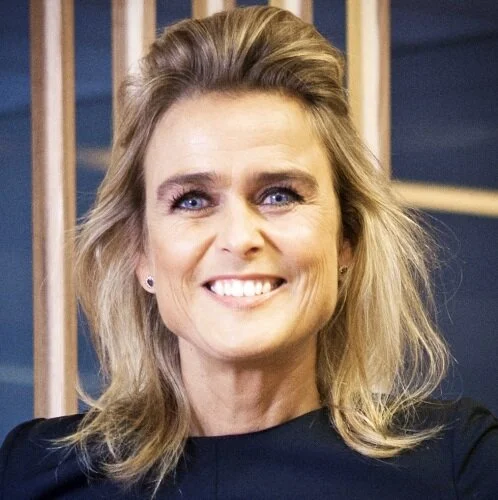Climate change is a major threat. Unchanged policies lead to great damage, which is bad news. The good news is that we can prevent it at a manageable cost, provided that we use effective policies based on pricing greenhouse gases. Unfortunately, the longer we wait to decarbonise our high-carbon economies, the more radical and costly the measures will be.
Yet, there is a proven effective and efficient measure: an economy-wide, uniform carbon tax. Everyone would pay the same amount for the CO2e emissions they generate. The markets can only work if every tonne of CO2e emissions has the same price allowing companies to retain the freedom to decide for themselves what measures to take. Emissions will be reduced at the lowest cost to society if carbon price is the same for all sectors. Moreover, a carbon tax on all emissions rewards the most innovative and creative entrepreneurs who can reduce emissions the cheapest.
Each country can initiate this on its own, although it is of course, better if a group of countries work together (such as the EU member states) to prevent carbon leakage. For example, within the EU, we could start with a carbon tax of 50 Euros per tonne of CO2e. And then that amount would rise every year by two to five percent (excluding inflation correction). Such a price path is necessary to meet the Paris targets.
By announcing this price path, the businesses know where they stand. They can then adjust their business model in time: produce more energy-efficiently and emit less greenhouse gases. This is not a plea for a 'flat' carbon tax that increases the tax burden on businesses. Instead, targeted compensatory measures should accompany the carbon tax to prevent companies from leaving. Therefore, part of the carbon tax proceeds should channel back to businesses in the form of subsidies for research into - and application of - clean technology. The knife cuts both ways: a tax for fossil technology and a subsidy for clean technology innovation. As a result, the competitive position and the business climate will not deteriorate, and sustainable leaders in the industry will have a tailwind.
With a carbon tax, a country puts a floor price in the market. If companies also fall under another regime, such as the EU, the European Emission Trading System (ETS), they pay a lower carbon tax. So everyone pays the same amount for their CO2e emissions. If the ETS price rises, the residual levy falls for these companies giving them long-term certainty about the price of their CO2e emissions. In low-income countries, the carbon tax would be lower to reflect lower purchasing power, and these countries have generally contributed much less to the accumulation of greenhouse gases in the atmosphere.
Finally, we should use part of the revenue from the carbon tax to prevent a disproportionate impact on low-income groups to avoid increasing economic inequality. Because, after all, companies can pass on the tax to their customers and consumers. Low-income groups spend a relatively more significant part of their income on carbon-intensive goods, such as gas and electricity. If the skewed income effects of the carbon tax are not addressed, it could cause social unrest. Channelling part of the revenues from the carbon tax back to compensate households for rising energy costs can create broad-based social support for a carbon tax while ensuring that decarbonisation takes place in the cheapest way possible. This will also ensure that the income for all citizens will be higher than with other, less efficient policies.
Despite the fact that government intervention is needed to price unpriced goods, companies themselves can also contribute by steering for value instead of profit. A bank can reward parties that provide unpriced services that are of value to us all. For example, Rabobank gives an interest rebate to farmers who use the borrowed money to invest in restoring biodiversity. Rabobank's interests and those of the customer can go hand in hand because sustainable businesses have lower credit risks, creating room to reward sustainable businesses with attractive financing conditions. As a result, sustainability has now become a rock-solid business aspect in lending.
The Rabo Carbon Bank puts a price tag on the sustainable contribution that farmers and food chains can make to combating climate change. We aim to transform vital sustainability efforts into commercially viable projects by pricing carbon: Farmers all over the world can be part of the climate solution by storing carbon in trees, crops and soils. With Carbon Farming we not only aim to improve farmers' soil, yields and biodiversity, we also aim to create a new revenue stream through nature-based voluntary carbon credits. Rabo Carbon Bank connects carbon farmers with corporates seeking to meet net-zero commitments and offset unavoidable emissions. Moreover, we are working with large food and agribusinesses to achieve, monitor and verify emissions reductions from farmers in their supply chains.
Private initiatives of this kind gain strength if the government introduces a uniform, economy-wide carbon tax. If greenhouse gas emissions become more expensive, companies will have a continuous incentive to reduce and, where this is not feasible, to compensate. Rabobank and I are looking forward to working with the members of CPLC to accelerate the carbon pricing movement worldwide.
